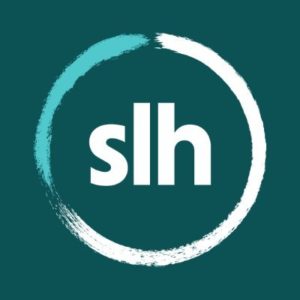In 2012-13, the World Bank worked with partners PATH, and iDE and two microfinance institutes (MFIs) namely VisionFund and KREDIT, to test innovations in sanitation financing solutions in Cambodia. Solutions catering to both individual households and groups were tested. The ticket size varied from $40 to $350, with interest rates varying between 2.6% to 3% per month and periods varying from 4 to 12 months. Repayment methods included balloon payments and declining balance method. Products were refined in terms of the need of a collateral, and proximity of collection. This learning brief presents the lessons learnt from the pilot intervention.
Who is this for and why?
The brief will be most useful for MFIs looking to expand into sanitation financing. It finds that the business is not only socially desirable, but also financially viable and sustainable as credit can unlock the latent demand for sanitation among low-income households. The brief offers guidance in terms of what households value and how products can be tailored to their needs. Lessons particularly related to loan processing times, the role of dedicated loan officers, and payment location would likely be very useful. Further strategies like tie-ups with other businesses in the service chain also offer useful lessons.







